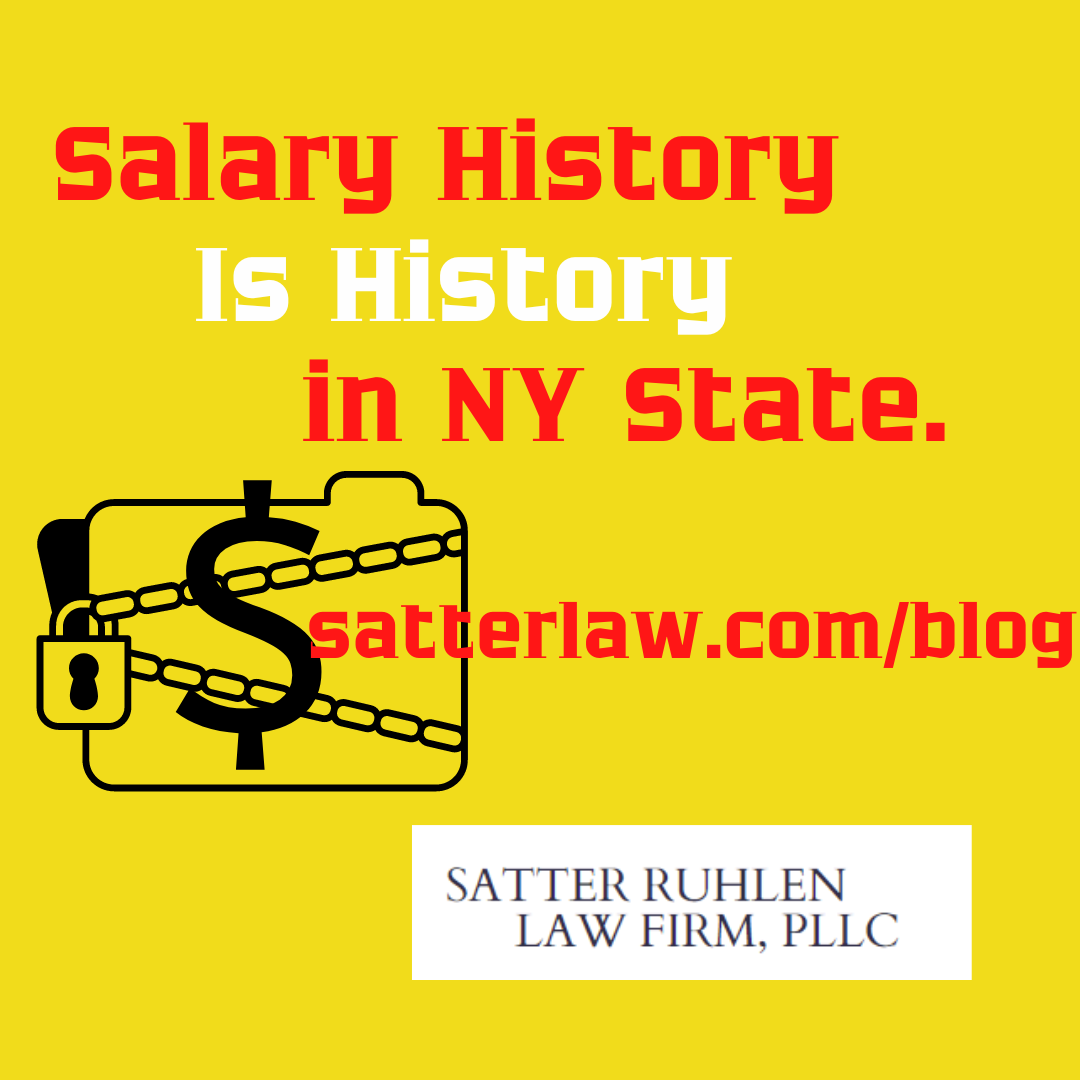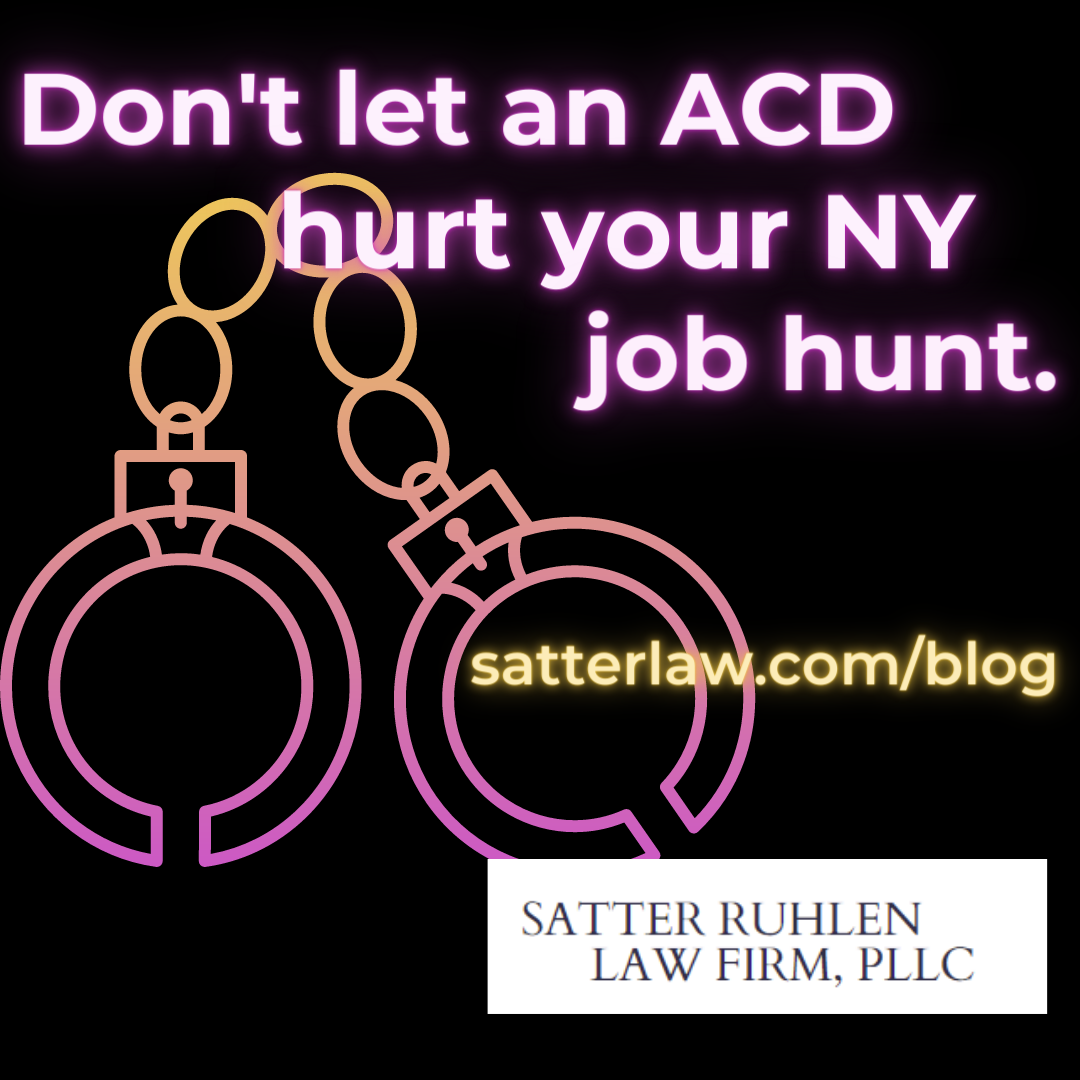
Google “salary history” and you’ll see that nobody loves the question: “What were you making in your previous position?” The good news is that a question about salary history is history in New York State. At the beginning of 2020, New York State Labor Law was amended to prohibit employers from asking the question.
Specifically, employers in New York State may not ask in any manner, during a job interview or otherwise, (viz., in writing, face-to-face, or through an agent) any information about previous compensation and benefits. If the job applicant or employee voluntarily offers the information, the employer is prohibited from relying on that information to determine whether to offer the job or what salary to offer. Current employees who are up for promotion are also protected from the salary history question, although a current employer is allowed to rely on information already in its possession.
Additionally, applicants are encouraged to contact the New York State Department of Labor’s Division of Labor Standards if they believe they have been retaliated against for refusing to provide salary history information in response to a request for it. (From a practical standpoint, if you want the job, it’s wise to have a tactful response ready for salary history inquiries. There are lots of articles online with ideas about how to navigate that situation.)
If you’re faced with a salary history conundrum, speak to an attorney in your jurisdiction to ensure you get the most up-to-date and relevant information.
There are a lot of things to be nervous about in a job application, but in the State of New York, the Salary History Question is not one of them.


